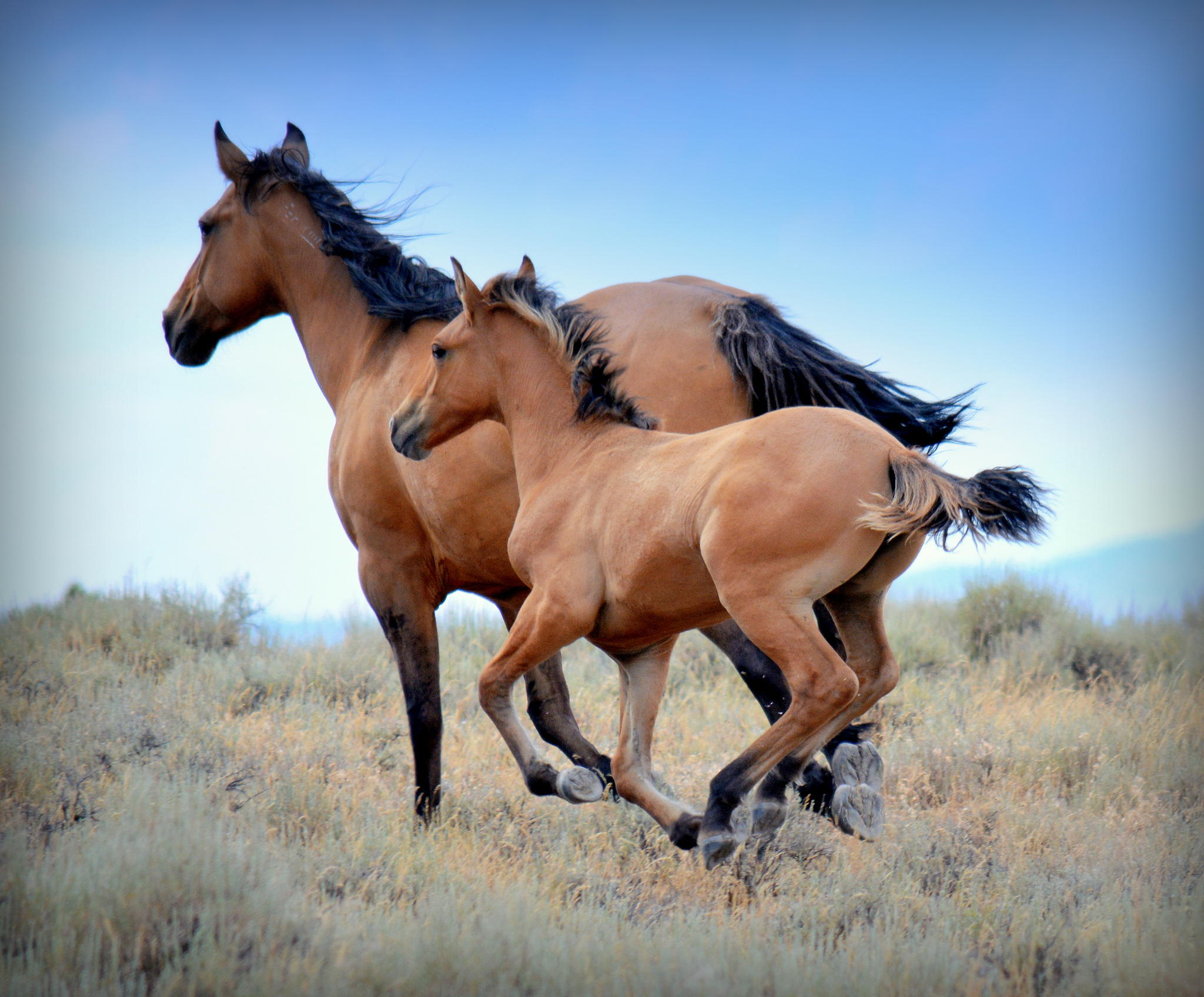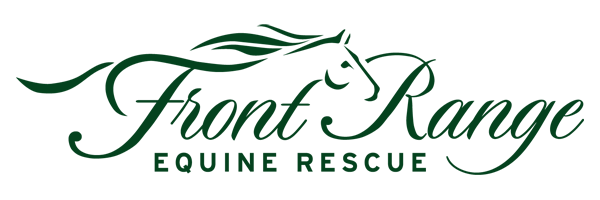Engaging in Illegal Breeding Operation
 BEND, Ore., July 9, 2015 – Efforts to protect wild horses on public lands intensified as Front Range Equine Rescue (FRER), a national nonprofit working to end the abuse and neglect of horses, today appealed a federal agency decision to round up and remove wild horses from their homeland in Eastern Oregon.
BEND, Ore., July 9, 2015 – Efforts to protect wild horses on public lands intensified as Front Range Equine Rescue (FRER), a national nonprofit working to end the abuse and neglect of horses, today appealed a federal agency decision to round up and remove wild horses from their homeland in Eastern Oregon.
FRER contends that BLM is engaging in an illegal breeding operation, and that removing these horses from their native rangeland will impact critical genetic diversity and reduce herd populations to dangerously low levels, in violation of federal law.
As early as this month, the U.S. Department of the Interior’s Bureau of Land Management (BLM) plans to round up wild horses from a small population in Eastern Oregon’s Kiger and Riddle Mountain Herd Management Areas. After the BLM contractor’s low-flying helicopters round up the herds of approximately 237 horses, the majority will be removed to BLM holding facilities. Approximately 80 will be released, resulting in diminished herds with insufficient genetic diversity which threatens the horses’ survival.
In its appeal, filed with the Department of the Interior’s Board of Land Appeals, FRER says the BLM’s calculated breeding efforts irreparably damage the Kiger and Riddle Mountain herds, and violate the language and spirit of the Wild Free-Roaming Horses and Burros Act of 1971, which gave the BLM a mandate to protect the health and welfare of all wild horse herds on public lands.
The Kiger and Riddle Mountain regions are home to Kiger mustangs, a famous and unique strain thought to be partly descended from horses brought to the West by Spaniards. Horse aficionados value Kiger mustangs for their distinctive coloring and characteristics. Kiger mustangs are popular at BLM auctions, sales, and adoption events. The BLM typically returns some Kiger mustangs to the rangelands to continue their desirable traits in the breeding population. However, the Wild Free-Roaming Horses and Burros Act does not permit greater protections for Kiger mustangs than it does for other wild horses.
“The roundup and removal of horses from these herd management areas is a misguided attempt to create and control a narrow selective breeding stock of Kiger mustangs, while removing less genetically desirable non-Kiger mustangs from the herds,” said Hilary Wood, President of FRER. “Returning only a small number of horses to the range is far less than what the BLM’s own policies state is a healthy size for a normally reproducing herd – a move that can only harm the herds’ chances of survival.”
BLM management guidelines say that a healthy herd size to ensure genetic diversity is around 200 horses. Herd sizes for the Kiger and Riddle Mountain Herd Management Areas have been set at 51-82 and 33-56 respectively, far smaller than required to maintain genetic viability.
“Reducing the population to the very bottom threshold of the BLM’s recommended management levels, and well below what it knows is necessary for genetic diversity, will be catastrophic for this population,” said Wood. “At a time when Oregon state officials are taking action to improve genetic diversity of other wildlife, these planned BLM roundups will vastly reduce the overall wild horse population in these areas and be disastrous to herd health over time.”
A copy of the appeal is available upon request.
About Front Range Equine Rescue (FRER)
Front Range Equine Rescue, based in Larkspur, CO, is a 501c3 nonprofit working to end abuse and neglect of wild and domestic horses through rescue and education. Since 1997, FRER has assisted thousands of horses through its rescue and educational programs. Many of FRER’s rescued horses are obtained directly from livestock auctions and feed lots, and would have been shipped to slaughter without FRER’s intervention. Through its legal advocacy, FRER has effectively prevented horses from being slaughtered for human food in the U.S., and is actively involved in preventing unnecessary and unlawful roundups or removal of wild horses and burros from public lands. For more information see www.frontrangeequinerescue.org.
BLM recently issued a notice that it had reached a final decision to gather and remove wild horses from the Kiger and Riddle Mountain Herd Management Areas in Oregon. These Herd Management Areas in Oregon are home to the unique Kiger Mustang, as well as other wild horses. According to BLM’s plan, there are over 150 “excess” wild horses in those areas who must be gathered by helicopter, permanently removed from the range.
When selecting the wild horses for removal, BLM plans to exclude those horses who exemplify the desirable physical and conformation characteristics of the Kiger Mustang. BLM’s intention is to remove from public lands a large number of wild horses who do not fit the Kiger Mustang profile. This action is highly problematic because it is intentionally reducing the genetic diversity of wild horses in these herd management areas and essentially creating a breeding stock of Kiger horses, who themselves may ultimately be gathered and sold at adoption auctions from which BLM benefits. Because the herds in these areas are already small, there is a concern that gathering and removing the genetically diverse horses leaves the remaining herds vulnerable to genetic diversity degradation.
When the agency issued its proposed decision and the accompanying environmental assessment determination, Front Range Equine Rescue filed comments stating that the last genetic study on these herds was completed in 2012 and that current information was necessary to determine whether BLM’s action was jeopardizing the genetic health of these populations. FRER also noted that BLM has a statutory mandate to protect all wild horses, not just the Kiger Mustang, and that BLM is required by law to manage wild horses to preserve and protect them in their natural state; selectively removing wild horses to produce a Kiger breeding stock is not minimal management, is not protection of the wild horses, and does not comply with BLM’s obligations under the Wild Free-Roaming Horses and Burros Act of 1971. The agency received FRER’s comments but has decided to proceed with its planned roundup and removal. Because the agency’s plan does not comply with the Wild Free-Roaming Horses and Burros Act, Front Range Equine Rescue has now appealed the agency’s final decision to the Interior Board of Land Appeals.
